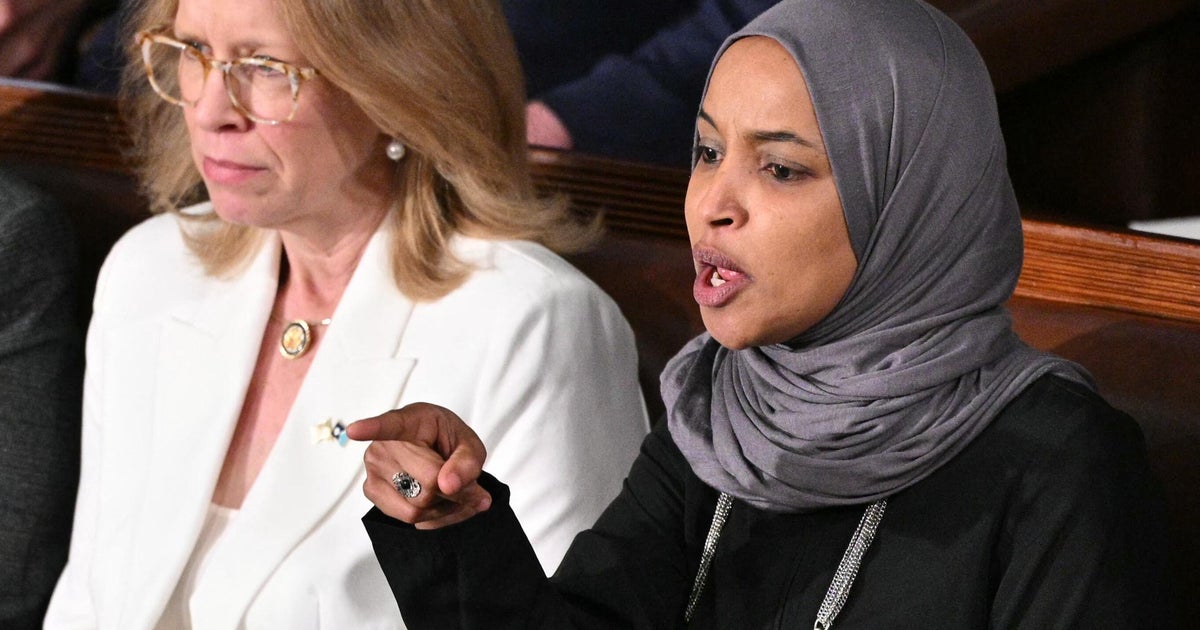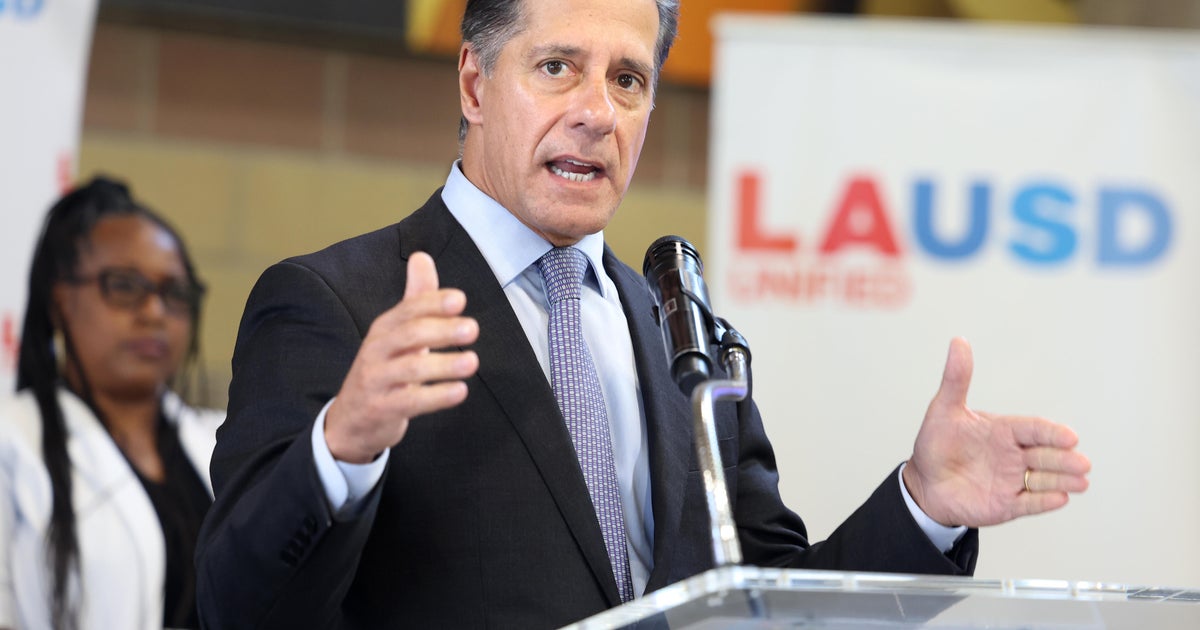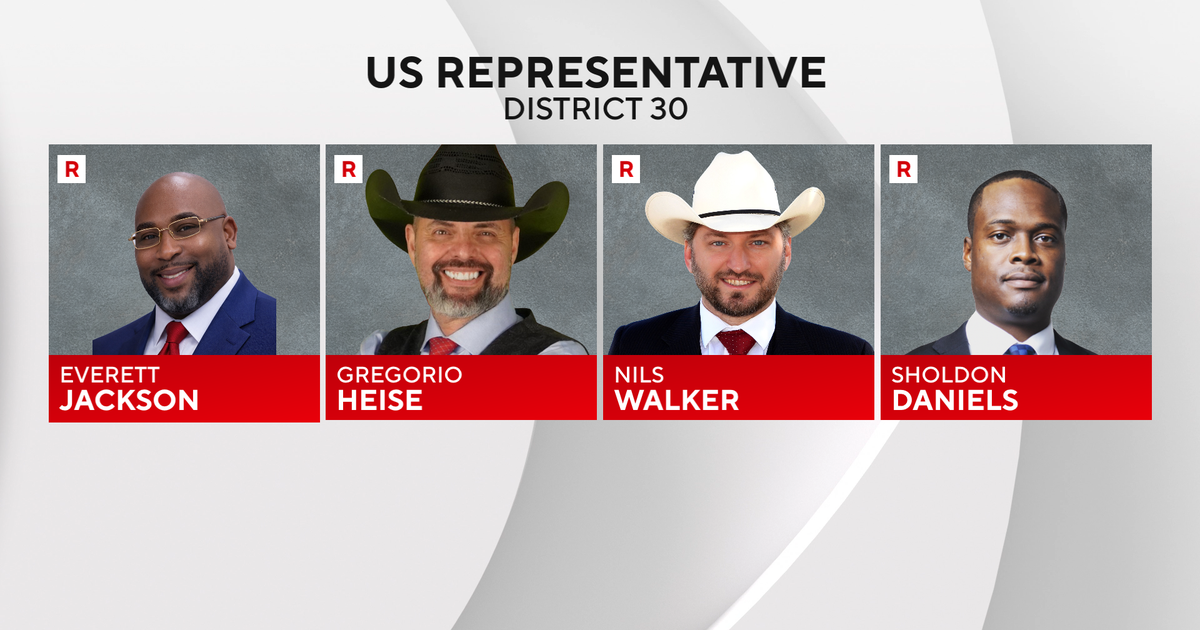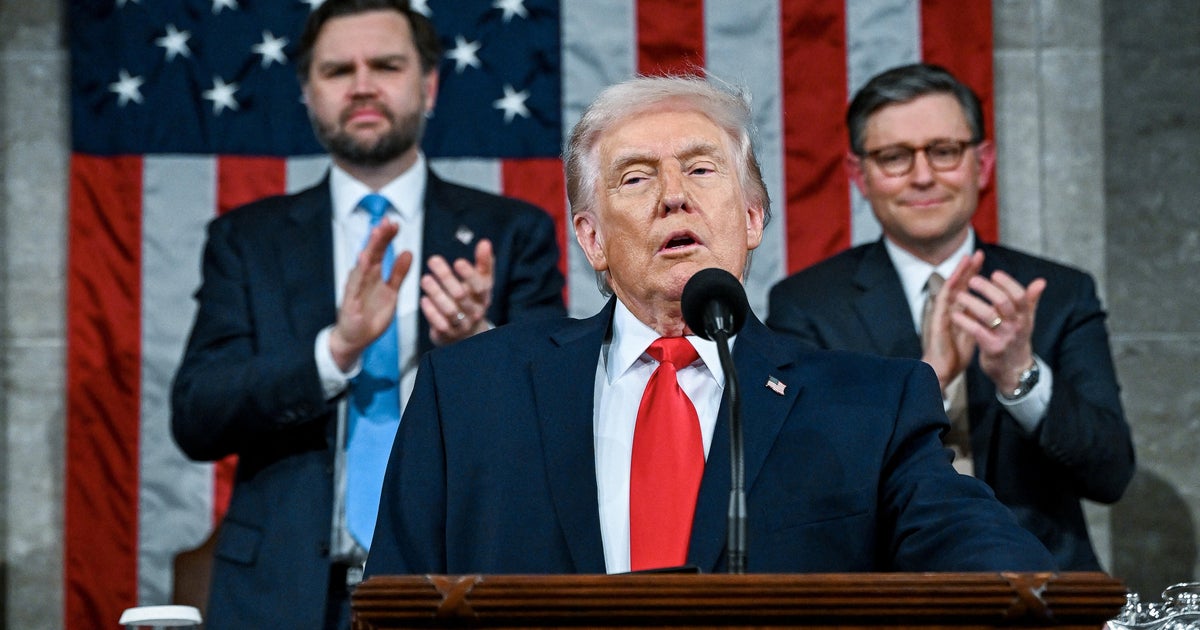Rep. Wasserman Schultz Weighs In On Iran Nuclear Deal
Follow CBSMIAMI.COM: Facebook | Twitter
MIAMI (CBSMiami) - Democratic party chairwoman and Florida Representative Debbie Wasserman Schultz has made a decision as to whether or not she will support President Barack Obama's nuclear deal with Iran.
"My number one goal in making this decision was to reach a conclusion based on what I thought would be most likely to prevent Iran from achieving their nuclear weapons goals. And in weighing everything, all the information that I had in front of me, I concluded that the best thing to do is vote in support of the Iran deal," Wasserman Schultz said over the weekend during an interview on CNN.
In a statement released Sunday, the congresswoman said this was the most difficult decision she's had to make in the nearly 23 years she has served in elected office.
"It's also one that is deeply personal. Iran's leaders routinely call for the destruction of the United States, the nation to which I have dedicated my life to serving. Iran's leaders are also virulent anti-Semites and call for the destruction of Israel, the historic homeland for me and millions of other Jews," said Wasserman Schultz.
Wasserman Schultz adds the deal is not perfect and she still has concerns.
"Given Iran's status as one of the world's leading state sponsors of terrorism, opponents (and supporters) of this agreement say Iran cannot be trusted, that they will cheat. It is also clear that whether or not the United States supports this deal, Iran will undoubtedly get access to some amount of additional resources to divert to their nefarious activities," said Wasserman Schultz. "I also have concerns about the scope of vigilance we will maintain over the course of this agreement. If Iran complies for the first few years and their economy starts to improve, I worry that complacency might set in. It is critical that we maintain the intensive level of oversight and scrutiny this deal lays out."
The congresswoman's vote gives the president key support as he looks to build consensus among Democrats when Congress returns this week to take up the proposal.
President Obama has already locked in enough votes in the Senate to sustain a veto.







